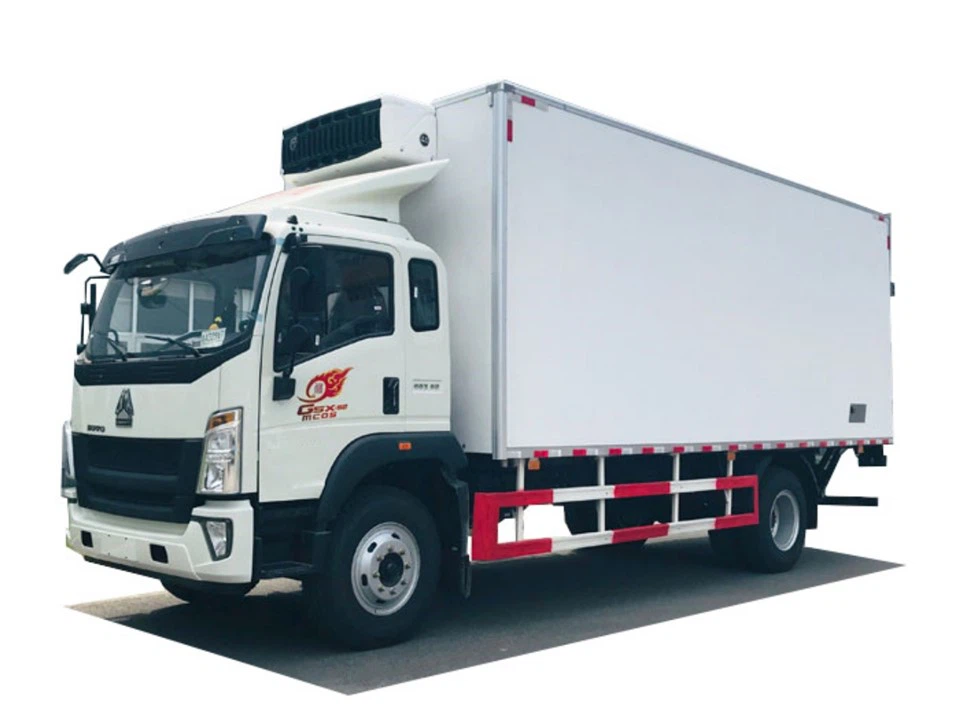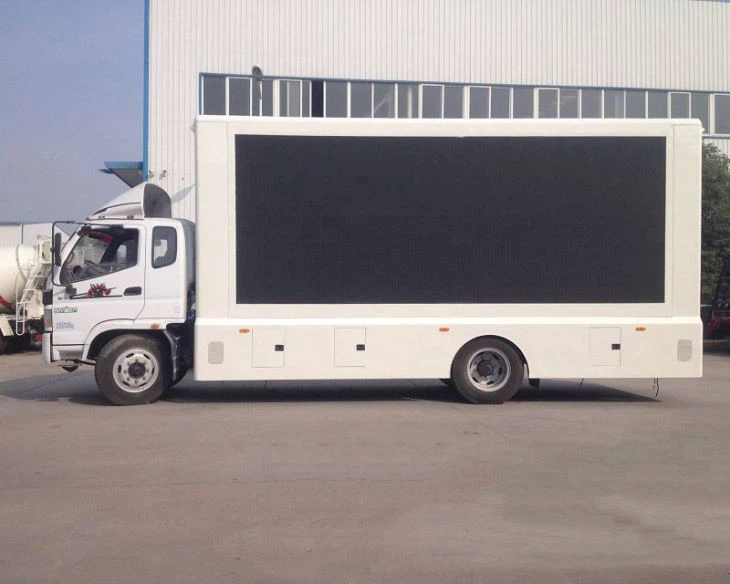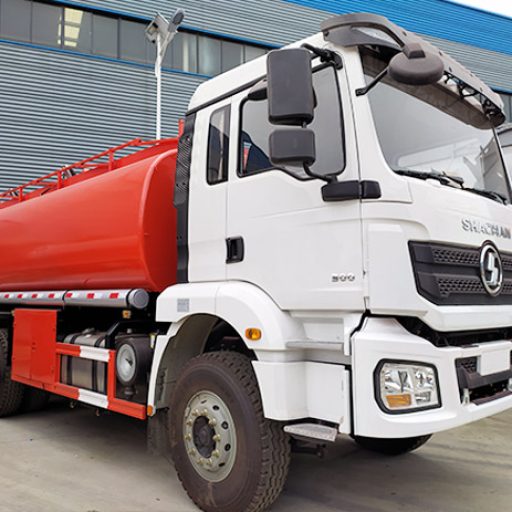The Essential Guide to Trash Garbage Trucks: Everything You Need to Know

Introduction
Trash garbage trucks play a crucial role in maintaining hygiene and cleanliness in our communities. These specialized vehicles are designed to collect and transport waste from residential, commercial, and industrial areas. Understanding their operation, types, and maintenance can help residents and businesses better manage their waste and contribute to a cleaner environment. This guide will provide comprehensive insights into trash garbage trucks, including their design, functions, types, and operational challenges. Whether you’re curious to learn more or seeking to enhance your waste management practices, this article will serve as a valuable resource.
Types of Trash Garbage Trucks
Trash garbage trucks come in various types, each designed for specific waste collection needs. Understanding these types will help you appreciate their unique features and functions.
1. Rear-Load Garbage Trucks
Rear-load garbage trucks are among the most common types used in residential waste collection. The design allows the waste to be loaded from the rear, typically by a crew member using a hand-operated hopper or automated lift.
Advantages
- Cost-effective for residential areas
- Simple operation and maintenance
- Compact design allows access to narrow streets
Disadvantages
- Limited capacity compared to other types
- Requires manual labor for loading
2. Front-Load Garbage Trucks
Front-load garbage trucks are often used for commercial waste collection due to their higher capacity and efficiency. These trucks have a container mounted at the front that can be lifted and emptied into the truck’s storage compartment.
Advantages
- Higher capacity for larger waste loads
- Quick emptying process
Disadvantages
- More expensive to purchase and maintain
- Requires specialized training for operators
3. Side-Load Garbage Trucks
Side-load garbage trucks utilize an automated arm to collect waste from the side, making it easier for operators to manage collection routes without leaving the cab.
Advantages
- Automated operation reduces labor costs
- Safer for operators, minimizing injuries
Disadvantages
- Larger turning radius may limit access in tight areas
- Higher upfront costs for automated systems
4. Compactor Garbage Trucks
Compactor garbage trucks are equipped with a compaction mechanism that compresses waste as it is loaded into the truck, maximizing space efficiency.
Advantages
- Increased capacity due to waste compaction
- Reduced frequency of trips to waste disposal sites
Disadvantages
- Higher initial investment
- Increased maintenance needs for compaction systems
Understanding How Trash Garbage Trucks Work
Trash garbage trucks operate through a systematic process that ensures efficient waste collection and transportation.
Loading Mechanism
Loading mechanisms vary depending on the truck type:

- Manual: Crews load waste directly into the truck using specialized tools.
- Automated: Trucks equipped with robotic arms collect waste without operator intervention.
Waste Compaction
Most garbage trucks are designed to compact waste, allowing for more efficient storage and reducing the number of trips required to waste facilities. The compaction process often uses hydraulic systems to apply pressure on the collected waste.
Collection Routes
City planners develop waste collection routes based on factors like population density, waste generation rates, and road accessibility. Effective route management can optimize fuel efficiency and reduce operational costs.
The Importance of Trash Garbage Trucks in Waste Management
Trash garbage trucks are vital in supporting public health and environment sustainability. Their roles extend beyond mere waste collection.
Promoting Public Health
By regularly removing waste, garbage trucks help prevent diseases and promote hygiene in communities, reducing the risk of pest infestations and unpleasant odors.

Supporting Recycling Efforts
Many municipalities integrate recycling programs into their waste management strategies. Specialized garbage trucks can collect recyclable materials separately, helping divert waste from landfills and promoting resource recovery.
Challenges Facing Trash Garbage Trucks
While trash garbage trucks are essential for waste collection, they face several challenges that can impact their effectiveness.
Road Conditions
Potholes, debris, and road construction can hinder the performance of garbage trucks. Poor road conditions can lead to increased vehicle wear and tear and can disrupt collection schedules.
Community Engagement and Compliance
Effective waste collection relies on communities adhering to waste disposal guidelines. Engaging residents through education programs can enhance compliance and reduce contamination in recycling streams.
Environmental Impact
Garbage trucks contribute to greenhouse gas emissions primarily due to their diesel engines. Transitioning to electric or hybrid models can mitigate this impact and promote sustainable waste management practices.
Best Practices for Waste Management with Trash Garbage Trucks
Here are some practical tips to enhance waste management efficiency using trash garbage trucks.
1. Educate the Community
Inform residents about waste separation, recycling guidelines, and pickup schedules to minimize contamination and improve compliance.
2. Regular Maintenance
Perform routine maintenance checks to ensure garbage trucks remain reliable. Addressing issues promptly can prevent costly repairs and downtime.
3. Optimize Collection Routes
Utilize digital mapping tools to design efficient collection routes that minimize travel time and fuel consumption, thereby enhancing operational efficiency.
4. Invest in Technology
Consider upgrading to newer trucks equipped with enhanced compaction features and automated cylinders for optimal performance.
Future Trends in Garbage Truck Technology
The future of trash garbage trucks is headed towards innovation and sustainability, with several trends emerging in technology and design.
1. Electrification
With growing environmental concerns, many municipalities are exploring electric garbage trucks as a means to reduce emissions and fuel costs.
2. Automation
Advancements in automation technology are making garbage trucks more efficient. Robotic arms for waste collection and automated driving capabilities are on the rise.
3. Smart Waste Management
IoT-enabled garbage trucks can monitor waste capacity and optimize collection schedules based on real-time data, reducing operational costs and increasing efficiency.

FAQs about Trash Garbage Trucks
1. How often do garbage trucks collect waste in residential areas?
Collection frequency varies by municipality; however, many residential areas typically have waste collected weekly or bi-weekly.
2. Can garbage trucks handle large bulky items?
Most garbage trucks are not equipped to handle large, bulky waste items. Many municipalities offer special pick-up services for such items.
3. What materials can be recycled by garbage trucks?
Garbage trucks designated for recycling can typically collect paper, cardboard, plastic, glass, and certain metals, depending on local recycling programs.
4. How do garbage truck routes get designed?
Route designs consider population density, road accessibility, and efficiency to minimize travel time and fuel consumption.
5. What safety measures do garbage truck operators follow?
Operators follow strict safety protocols, including wearing safety gear, conducting pre-trip inspections, and adhering to traffic rules.
6. Are there any eco-friendly garbage truck options available?
Yes, many manufacturers are now producing electric and hybrid garbage trucks, focusing on reducing emissions and improving fuel efficiency.
